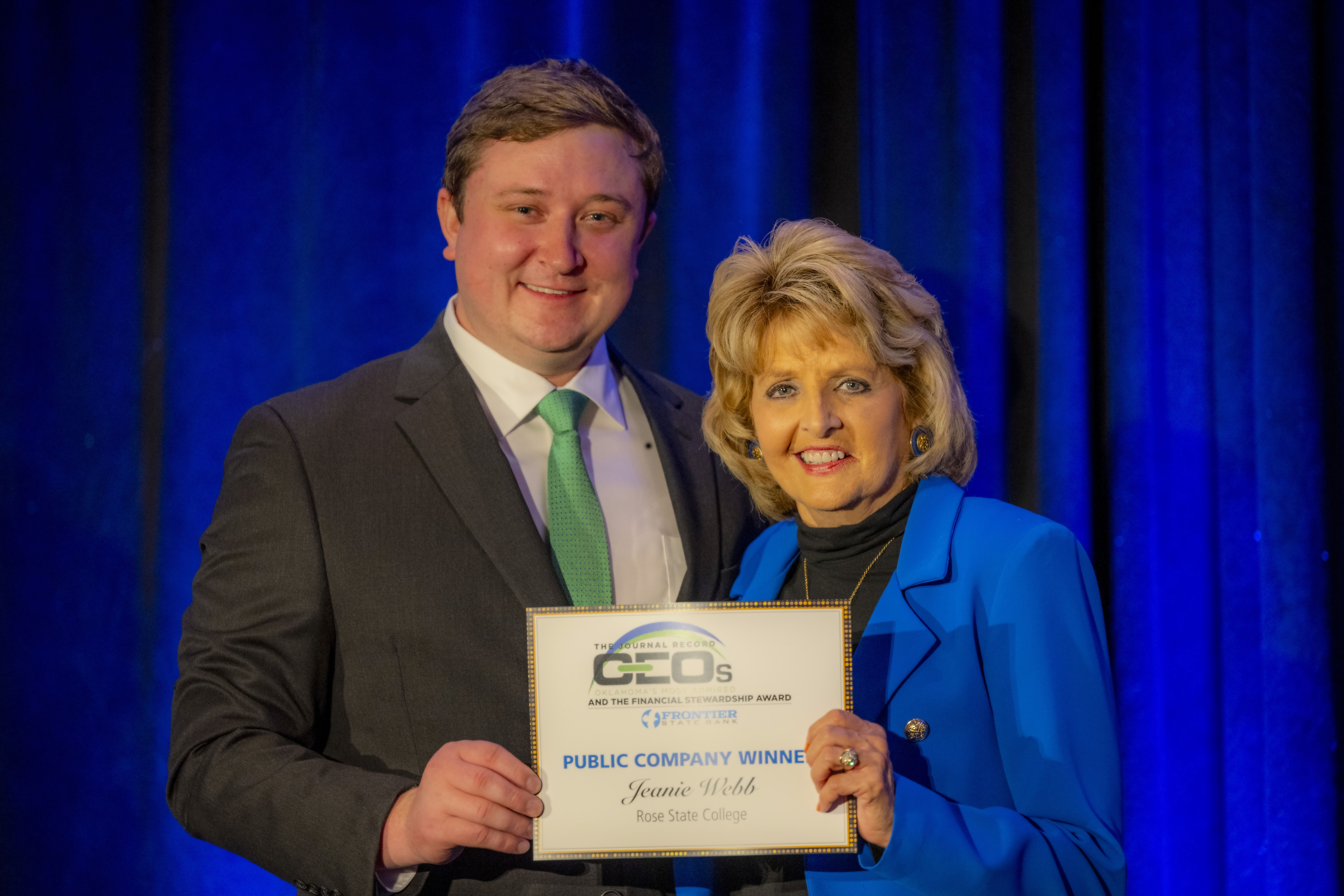Philosophy (Liberal Studies)
Program Goal
The goal of the Philosophy Option of the Liberal Studies Associate in Arts degree is to prepare students to transfer to a four-year college or university to pursue a degree in philosophy. This degree program also provides excellent preparation for students who plan to pursue further education in the areas of law, ministry or any graduate program requiring a strong background in critical thinking and the history of ideas.
Program Objectives
Students who complete this program will have the ability to:
- Employ the philosophical principles of rational thought to construct logical, insightful, clear and effective arguments.
- Combine analytical skills and philosophical ideology to evaluate the complex discourse of others.
- Use knowledge of philosophical theories to employ contemporary problems in areas such as metaphysics, epistemology, ethics, social and political theory, and religion.
- Demonstrate understanding of the history of ideas and intellectual movements in Western culture and how those ideas fit into a larger global framework of philosophical movements.
- Use the critical thinking and logic skills integral to philosophy to more openly explore the worldviews of others in order to construct a more meaningful worldview for themselves.
Fall in Love with Philosophy
Career Fields
A strong background in philosophy often leads students into the following fields:
- Business
- Education
- Religion
- Law
- Government
- Social Work
Philosophy Courses
PHIL 1103 Introduction to Philosophy
This course investigates the nature of humanity, our understanding of the world, and the ways in which we make ethical decisions. The course will include a general introduction to major areas of philosophical studies, including, but not limited to, metaphysics, epistemology, and axiology. The major emphasis will be on Western philosophy; however, other traditions will be introduced. This course may be taken as Humanities credit for General Education requirements. Prerequisite: READ 1213 or equivalent
PHIL 1223 Introduction to Asian Philosophy
This course will introduce student to the foundational texts of the major philosophic schools from India and China, with emphasis on Hinduism, Buddhism, Confucianism and Daoism. We will examine the primary philosophic questions addressed by each tradition, and where appropriate seek to make connections to parallels in Western thought. Overall, the goal of this course is to introduce how these different traditions offer valuable contributions to general philosophical questions. Prerequisite: READ 1213 or equivalent.
PHIL 2103 Social & Political Philosophy
This course discusses major alternatives for social and political systems. Traced and discussed is the development of such topics as the rights of individuals, the responsibilities of a citizenry to the state, and the relative strengths of different forms of government and social organizations. May be taken as Humanities credit for General Education requirements. Prerequisite: READ 1213 or equivalent
PHIL 2113 Introduction to Logic & Critical Thinking
This is a training course in critical reasoning skills and formal logic. The first half of the course is devoted to a general introduction to critical reasoning, obstacles to critical reasoning studied by cognitive psychologists, and inductive argumentation, especially determining probabilities. The second half of the course is devoted to the use of formal logic in the evaluation of statements and arguments. All topics in the course are geared especially toward the practical applicability of critical reasoning skills. Prerequisite: READ 1213 or equivalent.
PHIL 2203 Philosophy of Religion
The focus of this course is the application of philosophy to religious world-views. Topics covered may include the following: arguments for the existence of God, the problem of evil, the rationality of religious belief, religious experience, atheism, religious exclusivism versus pluralism, paradoxical attributes of God, differing conceptions of the afterlife, the relationship between science and religion, non-traditional/non- Western conceptions of God and religion. Prerequisite: READ 1213 or equivalent.
PHIL 2303 Introduction to Ethics
This course will familiarize students with the historical development of many of the major moral philosophies of the word so that those students will have a more knowledgeable foundation for their own ethical convictions. The Western tradition is examined extensively, as well as other moral systems such as the Hindu, Buddhist, Confucian, African and Islamic traditions. May be taken as Humanities credit for General Education requirements. Prerequisite: READ 1213 or equivalent
PHIL 2502 Philosophy Capstone Course
The Philosophy Capstone course evaluates and strengthens the critical reasoning skills and understanding of philosophical theory in students seeking an associate's degree in philosophy or intending to transfer to a four-year program. This is a required course for students graduating with a Liberal Studies Associate in Arts - Philosophy option degree. Prerequisite: Completion of at least nine hours of program requirements in Philosophy.
Transfer Agreements
Rose State College and other Oklahoma colleges and universities have memorandums of understanding which identify course equivalencies between both institutions. These agreements aid transfer students. Transfer Agreements webpage
Contacts





